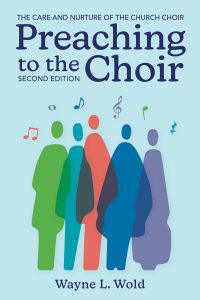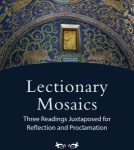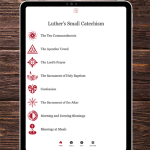One week from today the Thirteenth Assembly of the Lutheran World Federation will begin in Krakow, Poland. The Assembly will take place September 13-19, and serves as the highest decision-making body of the LWF, which represents 77 million people from 150 member churches across 99 countries. In addition to celebrating the common faith of the Lutheran communion across contexts and cultures, the Assembly offers mutual enrichment through joint reflection and discernment while providing a platform for joint decision-making. As the principal authority of the LWF, the Assembly is the most representative expression of the LWF communion. Delegates from all member churches take part. The outcomes and decisions will lay the foundation for the work of the LWF in the coming six to seven years.
The theme for this year’s assembly – One Body, One Spirit, One Hope – reminds us that in a fragmented world, we are called to unity in the one body of Christ. The theme is drawn from Ephesians 4:4 (NRSV): “There is one body and one Spirit, just as you were called to the one hope of your calling.”
There are also three subthemes – the Spirit creates, the Spirit reconciles, the Spirit renews – which will help delegates reflect upon and interpret the main theme in light of the creative, reconciling and transformative love of God.
Two Pre-Assemblies get underway this weekend, the Women’s Pre-Assembly (Sept 8-11) in Wroclaw and the Youth Pre-Assembly (Sept 8-11) in Wisla Malinka. The Men’s Pre-Assembly will be held on September 12 in Krakow.
The Evangelical Church of the Augsburg Confession in Poland is serving as the host church for this year’s Assembly and is one of the founding members of the Lutheran World Federation. A minority church in Poland, the numbers vary from region to region with the largest population in Cieszyn Silesia region (about 47,000). Smaller communities can be found in Upper Silesia and Masuria regions. Lutheran parishes in the rest of the country are located in larger cities. The church functions mainly in the diaspora, in six dioceses. It has 133 parishes and 150 ministers.
You can learn more about the host church and the country of Poland in the Welcome to Poland guide, which is available for download in English, German, Spanish, and French on the Assembly website.
The Assembly Study Guide is a publication aimed at preparing LWF member churches for the Thirteenth Assembly. It is offered as a resource to inspire reflections on how the global communion of churches is called and equipped to be a sign of hope in the midst of God’s creation as it participates in God’s holistic mission. The study guide is available to download in English, Spanish, German, and French via the Assembly website.
In the document From Windhoek to Krakow: Six-Year Report you’re invited to discover the Lutheran World Federations’ workover the last six years as it started on the threshold of commemorating 500 years of the Reformation and the new LWF Strategy 2019 –2024. The Six-Year Report is available to download in English and German, with Spanish and French added prior to the start of the Assembly via the Assembly website.
Two seminary presidents from Indonesia and Ethiopia and a retired archbishop from the Church of Sweden will be exploring the theme of ‘One Body, One Spirit, One Hope’ during plenary sessions at the assembly.
Indonesian New Testament scholar, Rev. Dr Benny Sinaga is president of the Sekolah Tinggi Bibelvrouw, an all-women’s seminary located beside Lake Toba in North Sumatra. She will present the topic of ‘One Body’, exploring what it means for churches to be “one in Christ” in a polarized, post-pandemic world.
Rev. Dr Bruk Ayele, president of the Mekane Yesus seminary, in Ethiopia, will explore the topic of ‘One Spirit’, reflecting on how the Holy Spirit can guide us towards unity amid the current crises facing our world.
The former archbishop of the Church of Sweden and vice president of the Nordic region, Rev. Dr Antje Jackelén, will be the third presenter, reflecting on the topic of ‘One Hope’. Hope is a central theme in Jackelén’s writing and preaching. She published a book in Swedish entitled ‘Impatient in Hope’, to support pastors during the pandemic.
You can learn more about all three thematic speakers in this article on the Assembly website.

Those attending the Assembly in Poland will visit Auschwitz-Birkenau memorial and museum, which preserves the memory of the more than one million people who were murdered in the Nazi concentration camp during the Second World War. The visit to the memorial and museum by participants will be “a call to action to stand together, wherever people’s dignity is being violated.”
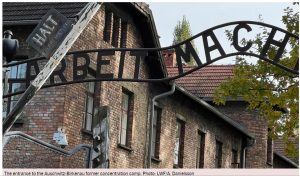
Hope for the Future is a study document for renewing Jewish-Christian Relations. This forward-looking title that resonates with Thirteenth Assembly theme “One Body, One Spirit, One Hope” as serves as a guide to continuing opportunities for dialogue and exchange with our Jewish siblings. Dr. Esther Menn, who is the Dean of Academic Affairs at the Lutheran School of Theology at Chicago and chairs the ELCA Consultative Panel on Lutheran-Jewish Relations served as the chair of the Study Document Task Force.
LWF General Secretary, Rev Dr. Anne Burghardt shared the following in the preface:
“I invite LWF member churches to use this study document as an educational resource and reflective guide in renewing Jewish-Christian relations in their respective contexts. In our world increasingly characterized by polarization, hostility, and even hate toward people who are different from us, may this document inspire member churches to be messengers of hope both locally and globally bringing justice, peace and reconciliation to all.”

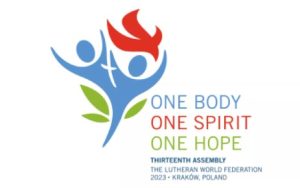
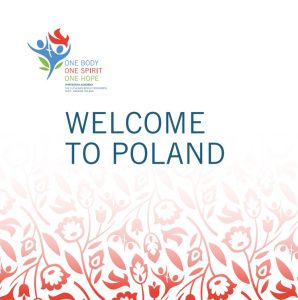
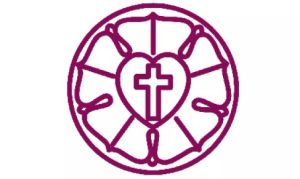
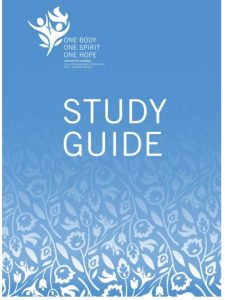
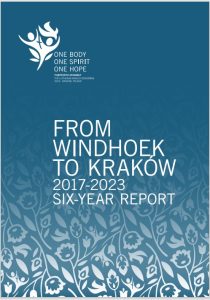
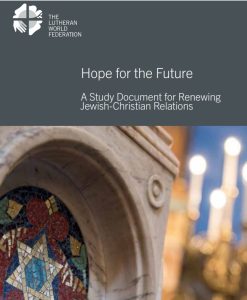


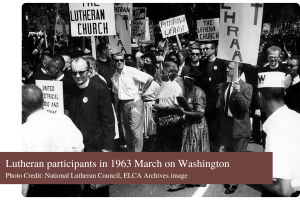
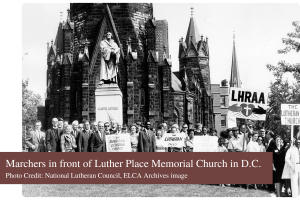
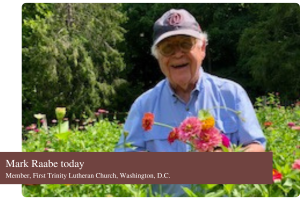
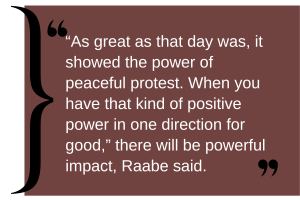
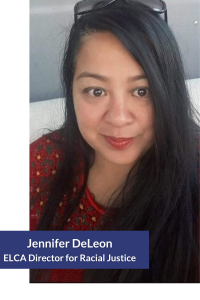

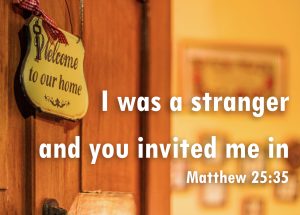




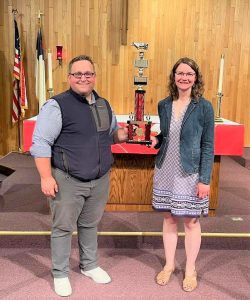 Since its charter as a Lutheran church in 1960, Calvary Lutheran Church in Perham, Minn., has always had a heart for supporting missions outside their church walls, says Associate Pastor Eric Clapp.
Since its charter as a Lutheran church in 1960, Calvary Lutheran Church in Perham, Minn., has always had a heart for supporting missions outside their church walls, says Associate Pastor Eric Clapp.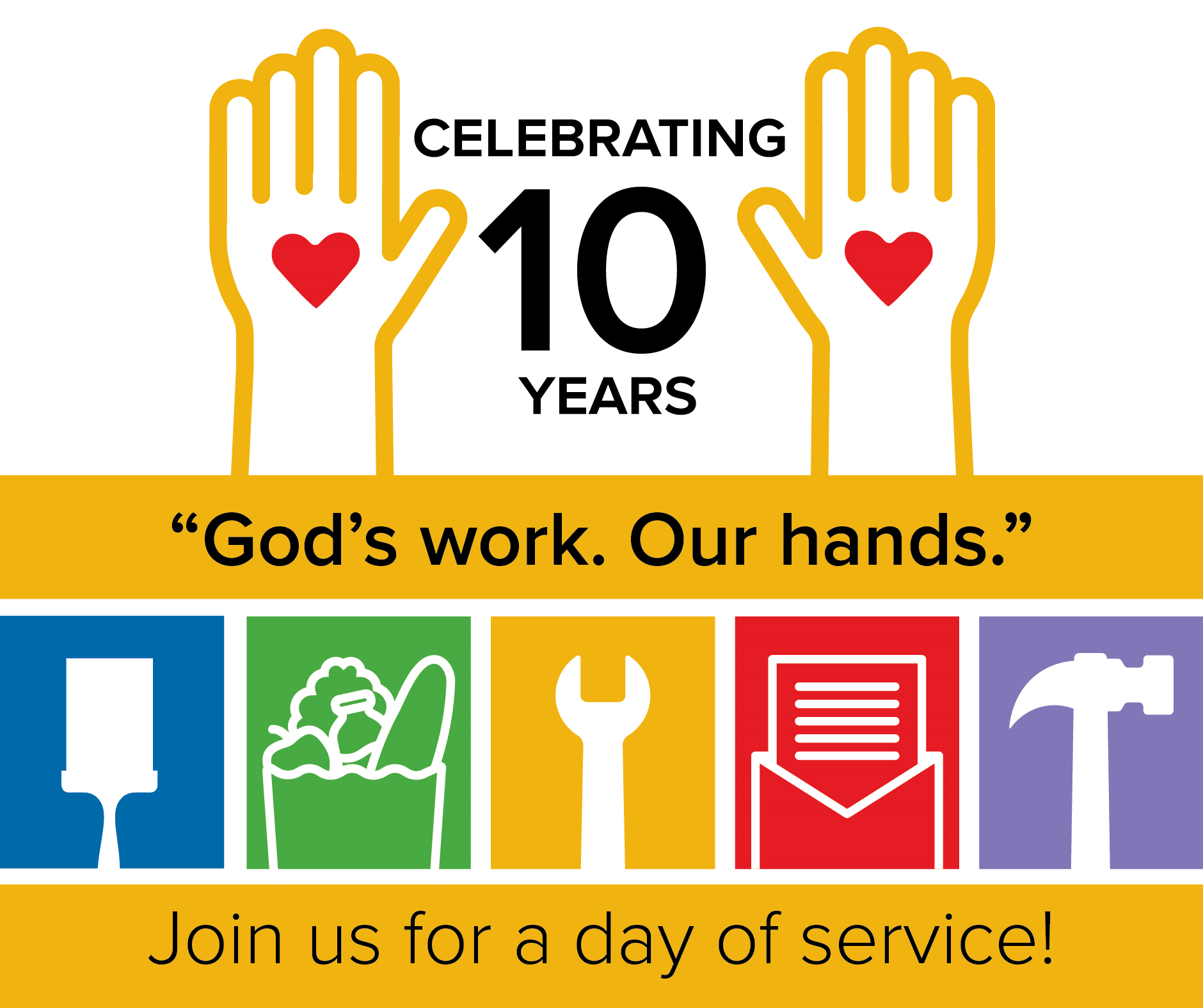
 Music that Makes Community
Music that Makes Community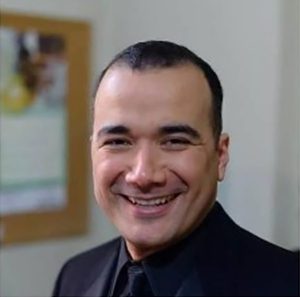 Treasures All Around: Hymns Reimagined for Native Ears”
Treasures All Around: Hymns Reimagined for Native Ears”

